In April 1917, President Woodrow Wilson asked Congress to declare war on Germany. The United States had been drawn into the war by Germany’s attacks on transatlantic shipping and by America’s justified opposition to a German conquest of Europe. But Wilson reached to articulate a deeper moral meaning of the war. It was a war to “make the world safe for democracy.” It was an ennobling vision.
But what did Wilson actually do to make that vision a reality? Precious little. He put his faith in an international institution—the League of Nations—that proved feckless to promote or defend a democratic world order. He tried to compel Europe to accept principles of self-determination. Europe mostly ignored him, but representatives from the colonized world in attendance at the peace talks in 1919, including Ho Chi Minh, took inspiration, though not in the direction Wilson envisioned. Wilson hectored and lectured the world’s diplomats, who were mostly unimpressed by his talk about a world order organized along classically liberal lines.
Wilson wasn’t wrong to make the defense of democracy a wartime goal or a centerpiece of U.S. foreign policy. He was ignorant about how to make it happen. He believed that international institutions, public diplomacy, moral suasion, and the soft power of America’s shining example—held aloft by the most explicitly racist and segregationist U.S. president of the 20th century—would be sufficient. He was wrong.
President Joe Biden is scheduled to preside over a Summit of Democracy on December 9-10. Like Wilson, he understands, rightly, that American security is inextricably entwined with the fate of democracy abroad. He understands, as I and other scholars have argued, that the free world is in a competition with authoritarian great powers to define the shape of world order. “We’re in competition with China and other countries to win the 21st Century,” he said in April. The authoritarians “think that democracy can’t compete in the 21st century with autocracies because it takes too long to get consensus,” but, Biden promised, “Autocrats will not win the future. We will.”
Some critics dismiss warnings of the decline of democracy or the decline of the liberal international order because the United States and Europe are still, by a wide margin, richer than the authoritarian great powers and could, in principle, field superior military forces. That is a true but shallow measure of global competition. In chess, players’ relative position is gauged by their material, position, and initiative. One can have more pieces on the board and still lose the game if the pieces are positioned poorly or—this is the key point—if the other player is controlling the game, setting the agenda, forcing their rival to react and depriving him of time and space to put his own plans in motion.
The free world still has superior material to our authoritarian rivals. The U.S. military is, on the whole, better than China’s and we still have superior technology (though China has been rapidly closing the gap, as its test of a hypersonic missile earlier this fall illustrated). However, our position has declined rapidly over the past two decades as democracy has eroded around the world, alliance ties have weakened, we lost wars in Iraq and Afghanistan, and coups unseated elected governments in Egypt in 2013; Fiji in 2006; Guinea-Bissau in 2003 and 2012; Mali in 2012; and Thailand in 2006 and 2014, as I have written about before. Periodic unrest has weakened democracy or prevented it from taking root in Lebanon, Kenya, and Madagascar. And, of course, Vladimir Putin, Hugo Chavez, and Recip Tayyip Erdoğan ended whatever degree of democracy previously existed in Russia, Venezuela, and Turkey in the past 20 years. Biden is right to be worried about the health of global democracy: The bad guys are winning.
Our position has deteriorated because the authoritarians have the initiative. They exude a palpable sense of confidence, a feeling that the wind is at their backs, a sense that democracy is in trouble and the authoritarians are on a roll. The fractiousness, deep polarization, and electoral troubles in the United States and Europe—deliberately enflamed in part by Russian disinformation campaigns—have helped make democracy look chaotic and ridiculous on the world stage. On the heels of all this, the U.S. military suffered its most public, humiliating, and unnecessary defeat in 50 years earlier this year. The free world is suffering a crisis of confidence.
The Summit of Democracy, a virtual event featuring more than 100 nations, is billed as an effort to recapture the initiative. “The summit will focus on challenges and opportunities facing democracies,” according to the U.S. State Department, “and will provide a platform for leaders to announce both individual and collective commitments, reforms, and initiatives to defend democracy and human rights at home and abroad.” The summit aims to develop ideas for “defending against authoritarianism.” That the U.S. and its allies are even saying this out loud in a public forum is—sad to say—a measure of progress. We no longer take for granted the strength or inevitable triumph of democracy around the world. The summit is supposed to be an opportunity to take a pause, catch our breath, and recognize the tasks ahead of us.
It will probably fail. Biden shows no greater appreciation for how to accomplish this task than Wilson did a century ago. Like Wilson, Biden seems to be putting his faith in an international institution backed by soft power and fine-sounding speeches. The Summit of Democracy is a good idea, and by itself it is utterly insufficient to the challenge it is meant to address. Biden’s speeches about democracy are full of agreeable bromides about the importance of freedom. They are likely to be as effective as Wilson’s.
World order is an emergent property. It emerges from the patterned interactions of the principal players on the world stage. When most of those players—or most of the most powerful ones—are democracies and when those democracies act from their principles, world order is likely to reflect their values and norms. World order takes its shape not just from their words—that was Wilson’s mistake—but from their identities and their behavior, by who they are and what they do.
No amount of speechmaking can counteract the chaotic and disordered withdrawal from Afghanistan and the U.S. betrayal of its promises there. No summit, by itself, can make up for decades of cutbacks to our military, foreign aid, intelligence, and diplomatic presence around the world, cutbacks that critically undermined what we are capable of doing. (The wars in Iraq and Afghanistan were temporary blips in a larger three-decade-long trend of budget cutting). No soft power or moral suasion is sufficient to compensate for the neglect and fraying of America’s alliances. And none of them can make up for the erosion of American democracy at home.
One of the most common questions I hear from students and audiences after the withdrawal from Afghanistan is, “how do we recover from this?” There is a palpable sense among those concerned with the fate of the liberal international order that we are in a rut, a cul-de-sac; that we do not seem to have a way forward to recover the initiative or restore cohesion within the free world.
Some hope the Summit will be our way out, that it will be an inflection point, a moment when the trendlines reversed and we began the long climb out of the hole we have dug ourselves into. I worry that the Summit of Democracy will be a well-intentioned but counterproductive publicity stunt—counterproductive because it will give the appearance of activity and progress without much substance.
To make the summit more meaningful, it must be matched with action: rebuild the military, reinvest in alliances, increase and broaden joint training, rediscover the virtues of armed diplomacy and conservative internationalism, and, yes, shore up democracy at home. But the real answer, one I hate to give my students and questioners, is that we will recover only when the next crisis comes and we succeed in acting more responsibly. Success is how we will demonstrate to the world and to ourselves that we can escape this defeatist spiral.
The next crisis may be a Russian invasion of Ukraine, or Chinese nuclear blackmail over Taiwan, or an Iranian nuclear test, or a North Korean invasion of South Korea—or something yet unimagined. Acting more responsibly does not necessarily mean responding militarily—though it might—but it does mean acting with confidence, without apology, with the strategic patience and coherence that was so clearly lacking in Iraq and Afghanistan, in line with our values and our commitments. And that requires spending the years before the crisis rebuilding our strength to enable that confidence when the moment comes. One hopes we have the time.
Paul D. Miller is a professor of the practice of international affairs at Georgetown University.
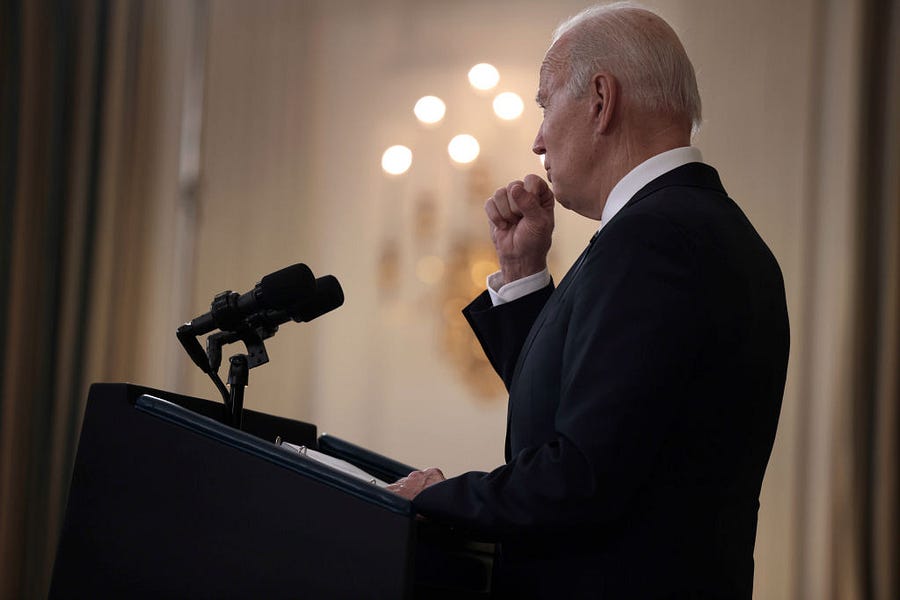
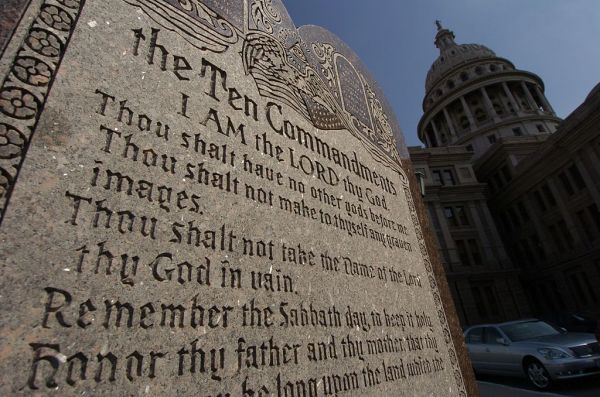
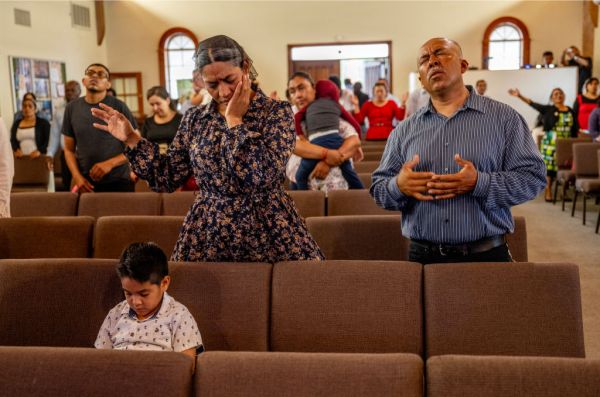
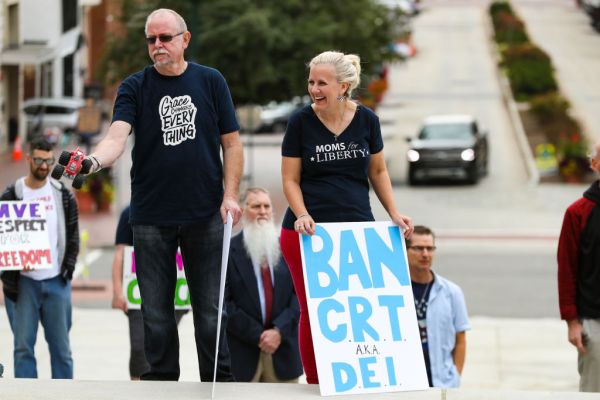
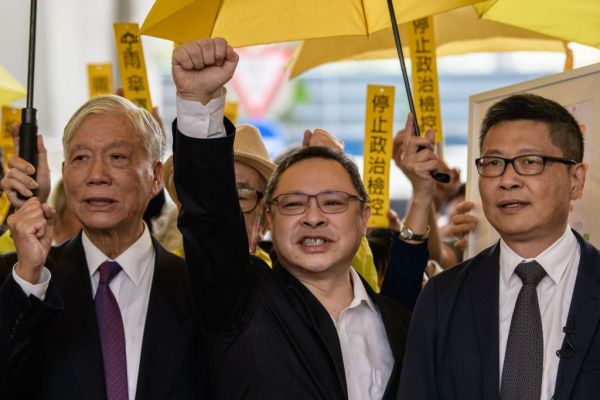

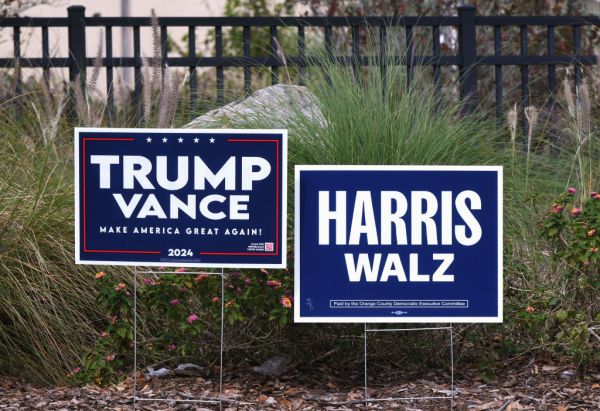
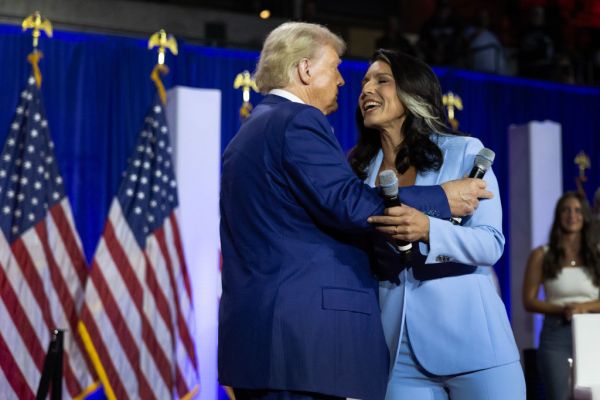
Please note that we at The Dispatch hold ourselves, our work, and our commenters to a higher standard than other places on the internet. We welcome comments that foster genuine debate or discussion—including comments critical of us or our work—but responses that include ad hominem attacks on fellow Dispatch members or are intended to stoke fear and anger may be moderated.
You are currently using a limited time guest pass and do not have access to commenting. Consider subscribing to join the conversation.
With your membership, you only have the ability to comment on The Morning Dispatch articles. Consider upgrading to join the conversation everywhere.